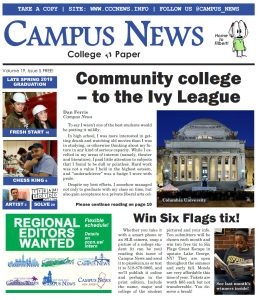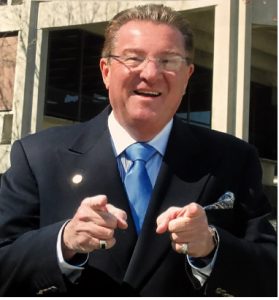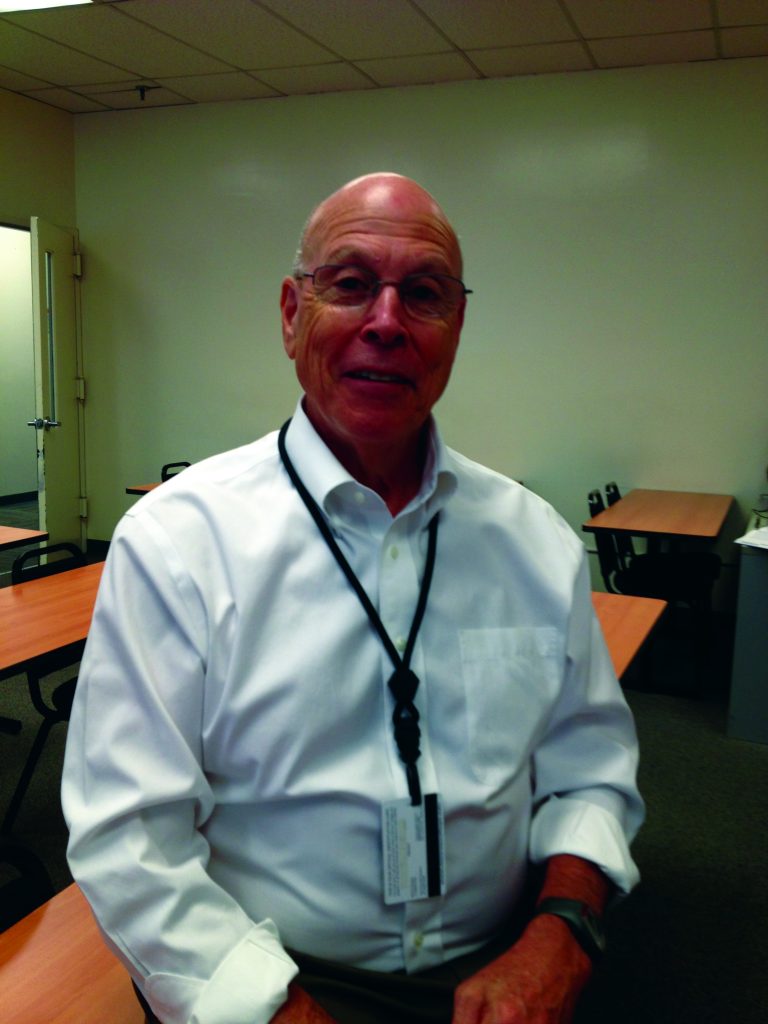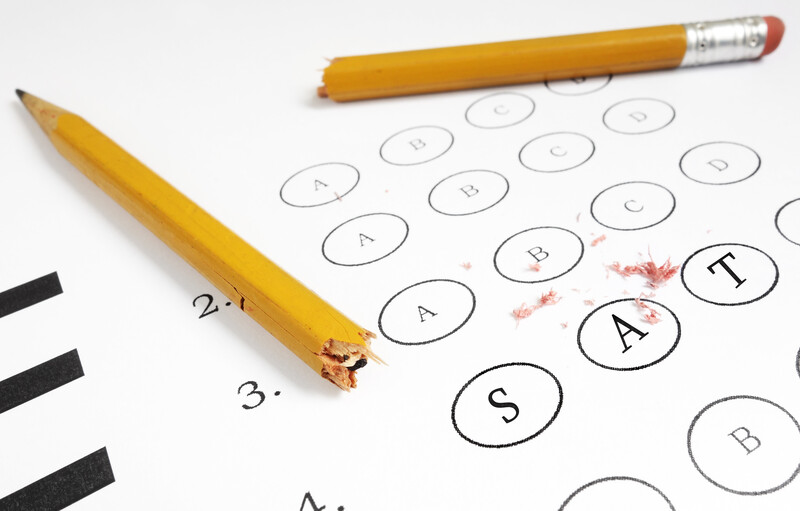By Prof. Jack Mandel
Nassau Community College
This time of year many students seek part-time summer work or full-time employment. NOW is the time to prepare. Field training experiences (internships) can make the transition from student to employee an easier endeavor.
For many college students, going on a job interview can be a difficult experience. I believe it can be easier if you know what is expected. A personal job interview is really a learning experience for both the employer and job applicant. A company looks for the best person to fill the position by conducting job interviews with many candidates.
Placement counselors agree that an applicant’s dress and overall appearance directly affects the ultimate outcome of the interview. It is never wise to dress in “ultra-high style.” When dressing for business, men make a better impression in a suit. Navy blue or gray are good colors, and should be worn with coordinating shirt and tie. Hair and beards should be neatly trimmed.

Multiple facial and ear piercings are still considered a “NO NO” by many recruiters. During a job interview, the applicant should let the interviewer set the pace at the meeting and follow his or her cues about on where to sit and whether or not to shake hands. Arriving a few minutes before the arranged time shows the applicant is prompt about important meetings. It is also very important to maintain eye contact as much as possible, to speak slowly and to communicate clearly. This does not mean the conversation needs to be dragged out, but it is important to take time to think before speaking.
I advise students who are new at the interview game to be careful of “trick” questions. For example, if the interviewer mentions that he looks forward to his weekend so he can sleep late, should the applicant agree and give the impression he or she does the same? Certainly not! The fact is that the interviewer may not sleep late, but may be trying to see how the applicant spends his or her free time. Employers enjoy self-motivated individuals, who enjoy constructive leisure-time pursuits such as jogging, swimming, working out, and other productive activities. They are not impressed by a lack of ambition, even if it is on your own time.
Another favorite is the “cigarette test.” Here the interviewer invites you to join him outside for a smoke while you chat. Should you accept the offer? No! It’s a test. Your chance of getting the job may just “go up in smoke.” Never accept an offer to eat, drink (except water) or chew gum during an interview either. And never bring a cell phone to an interview.
You should be able to back up what you put on your resume and job application. For example, if you only worked a few weeks during the summer vacation, what did you do the remainder of the time? You should avoid showing long gaps of time between work and school schedules. It is helpful to obtain or devise a blank application form to practice filling in the information before you have to fill in the actual for. This helps you check the accuracy of dates and will be a handy reference to have when you fill out a job application form. It is a good idea to know enough about the company to discuss it intelligently with the interviewer. You will be asked why you want to work for the particular company. Show interest, ask questions, and be enthusiastic about working for the company in question.
Do not make excuses for what you lack. Concentrate on your positive assets and your ability to do the job (or to learn fast). Don’t be afraid to ask when a decision will be made. It indicates to the employer that you value your time and wish to join the organization as soon as possible.
Follow up the interview with a “thank you” note, e-mail, or telephone call. Use the opportunity to again express your interest in the firm. In conclusion, consider the interview process as a “game.” You must prove yourself both “on the field” and “off the field” by record of accomplishments. You can’t always succeed at every tryout, but you can always give it your best effort. Good luck!
 Professor Jack K. Mandel has taught marketing and public relations since 1978 at Nassau Community College. He is the recipient of both the prestigious Outstanding Teacher Award conferred by the New York State Association of Two-Year Colleges and the NCC Dean of Instruction’s Faculty Distinguished Achievement Award.
Professor Jack K. Mandel has taught marketing and public relations since 1978 at Nassau Community College. He is the recipient of both the prestigious Outstanding Teacher Award conferred by the New York State Association of Two-Year Colleges and the NCC Dean of Instruction’s Faculty Distinguished Achievement Award.





Facebook Comments